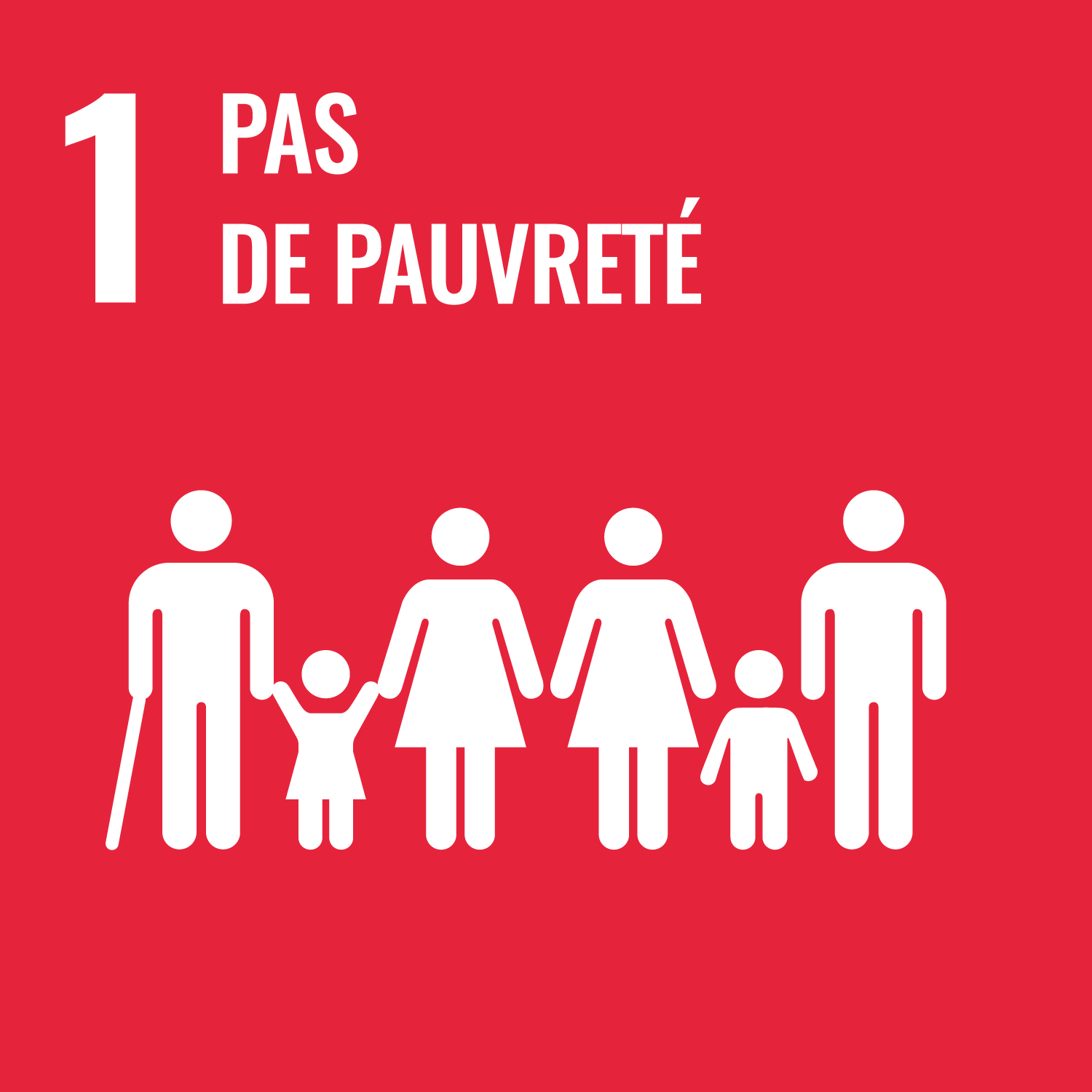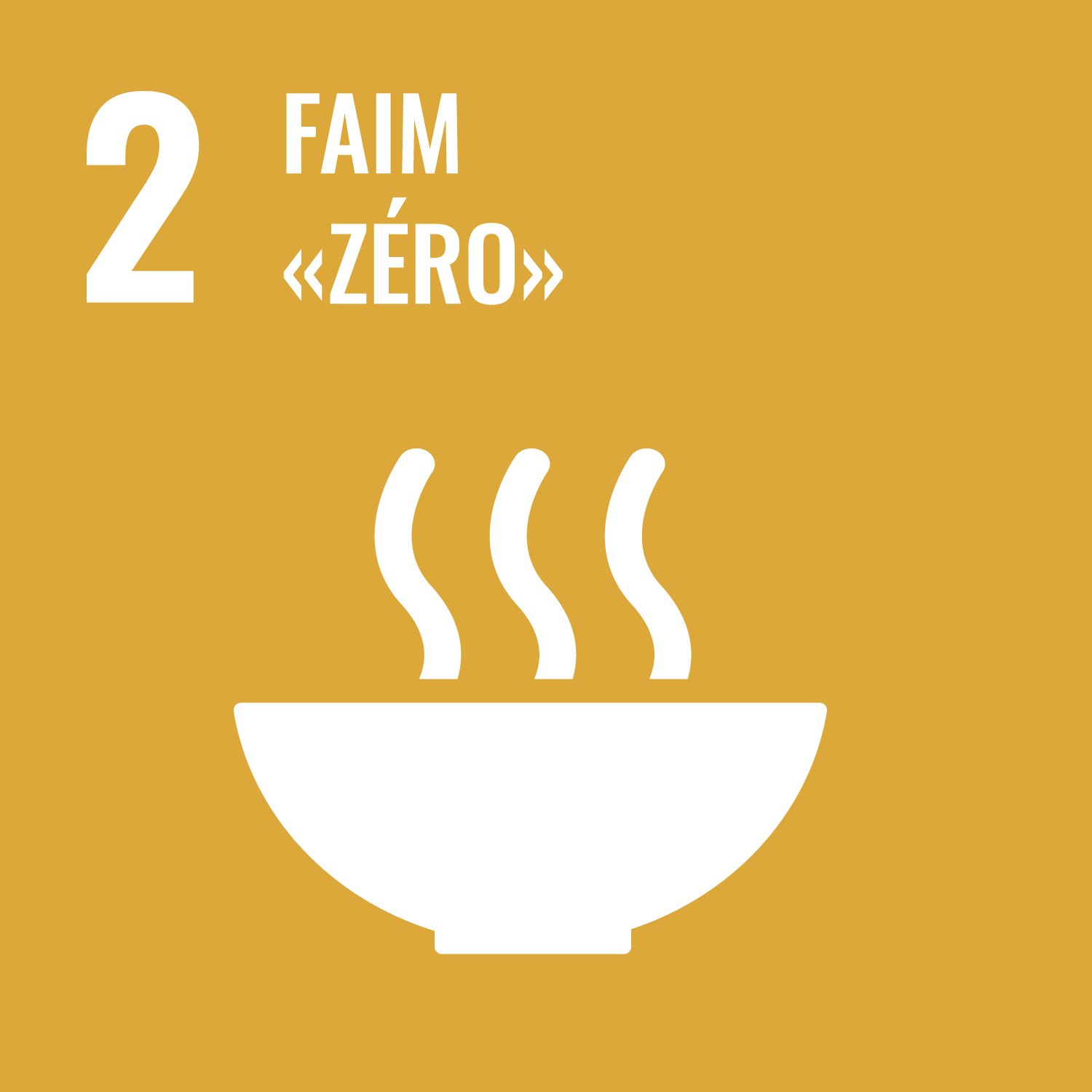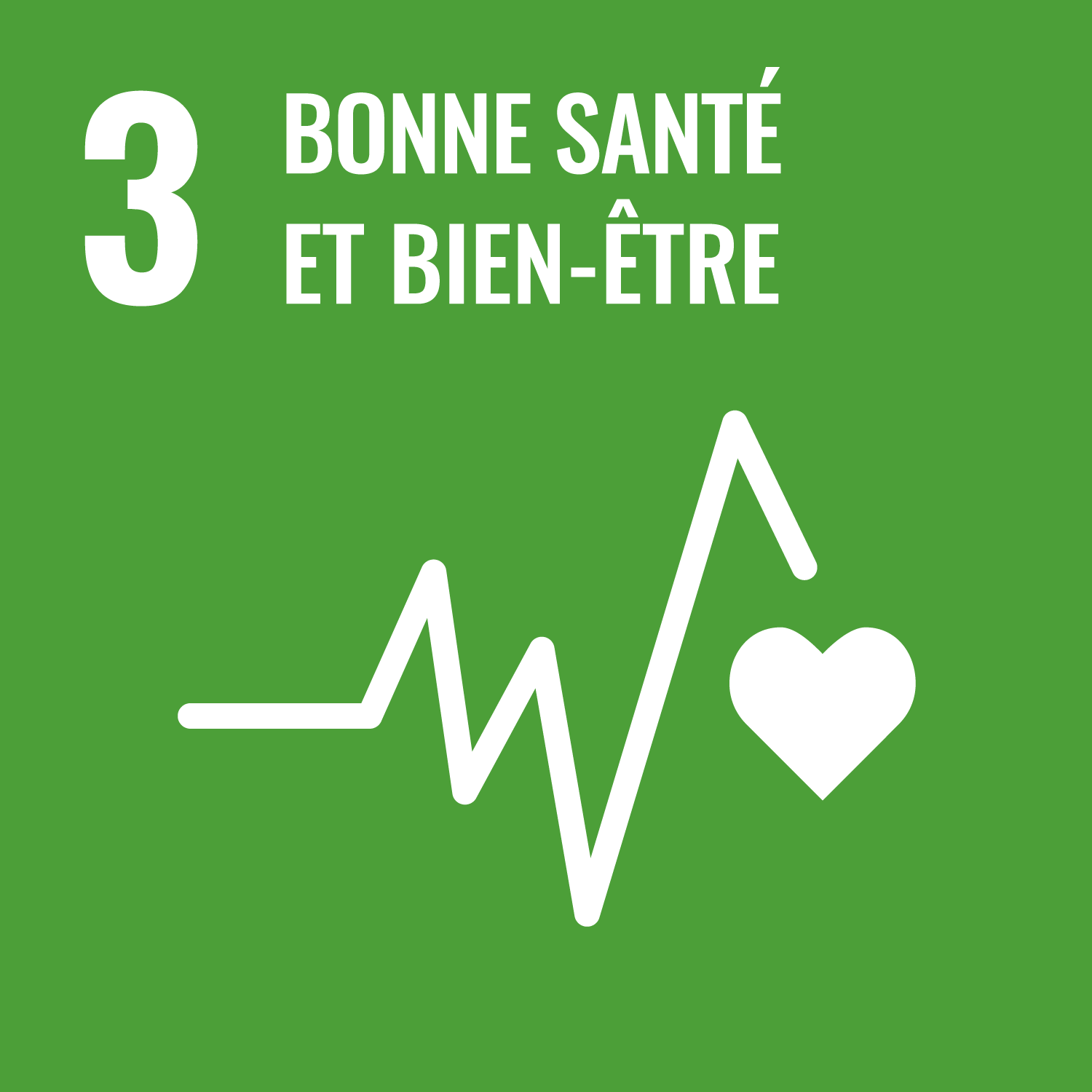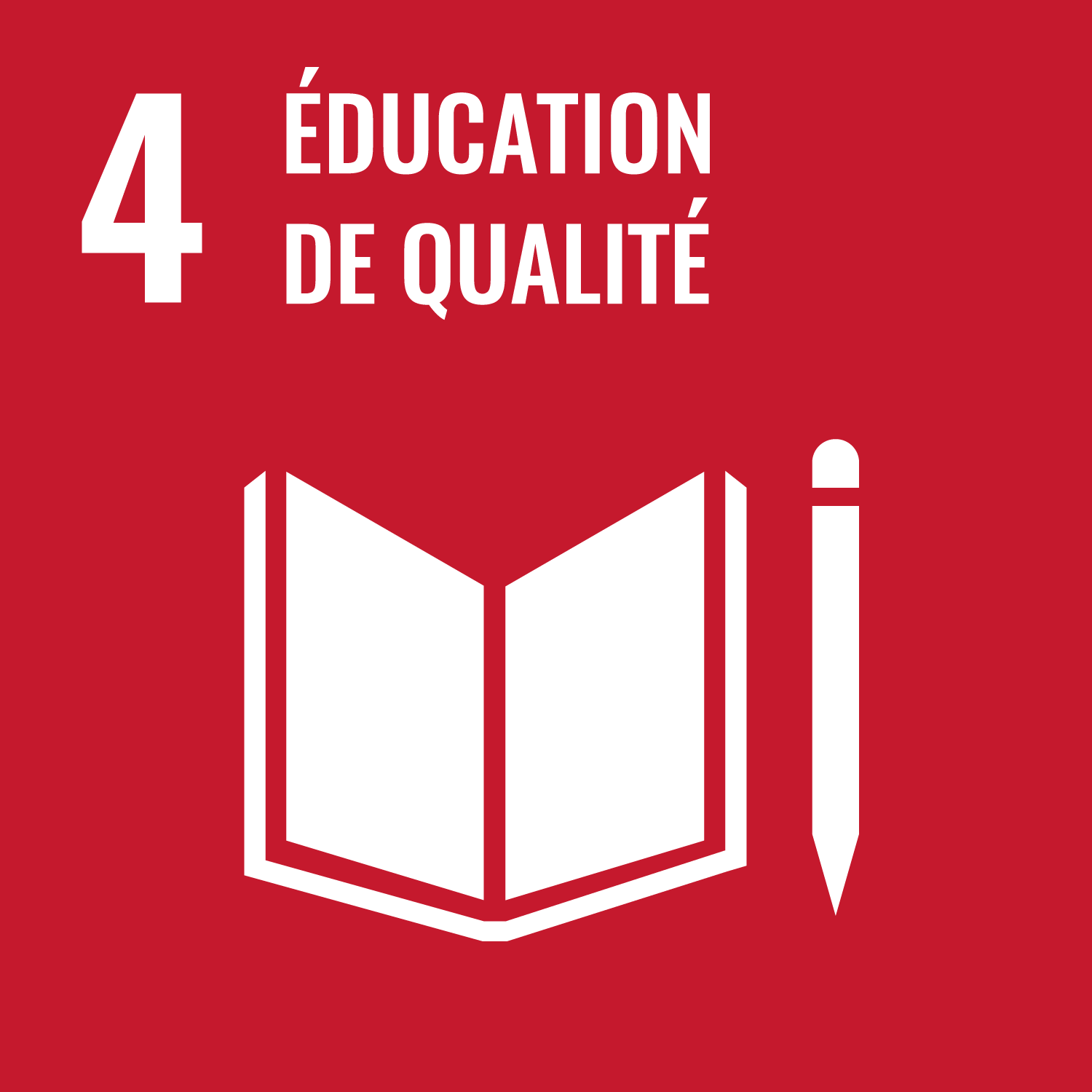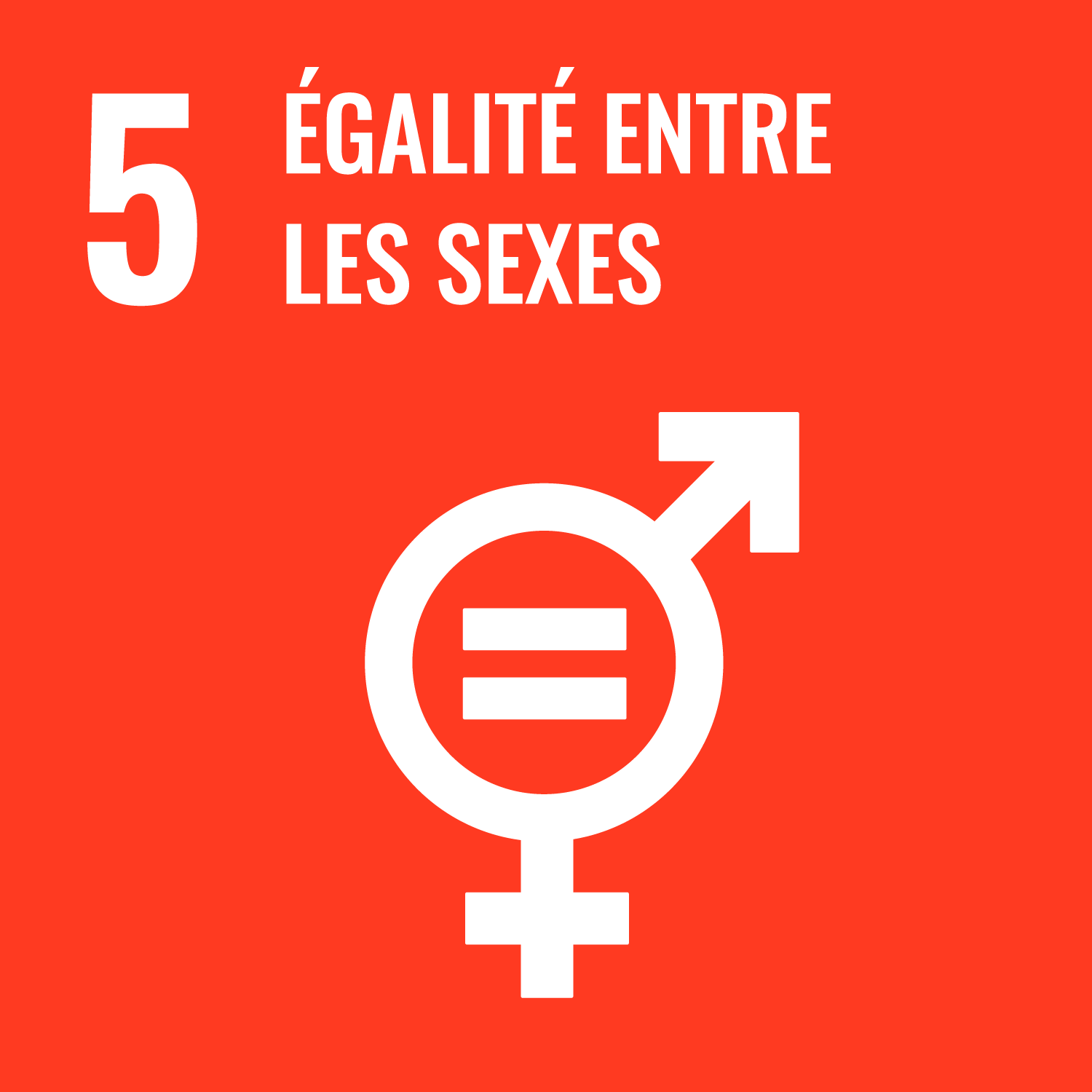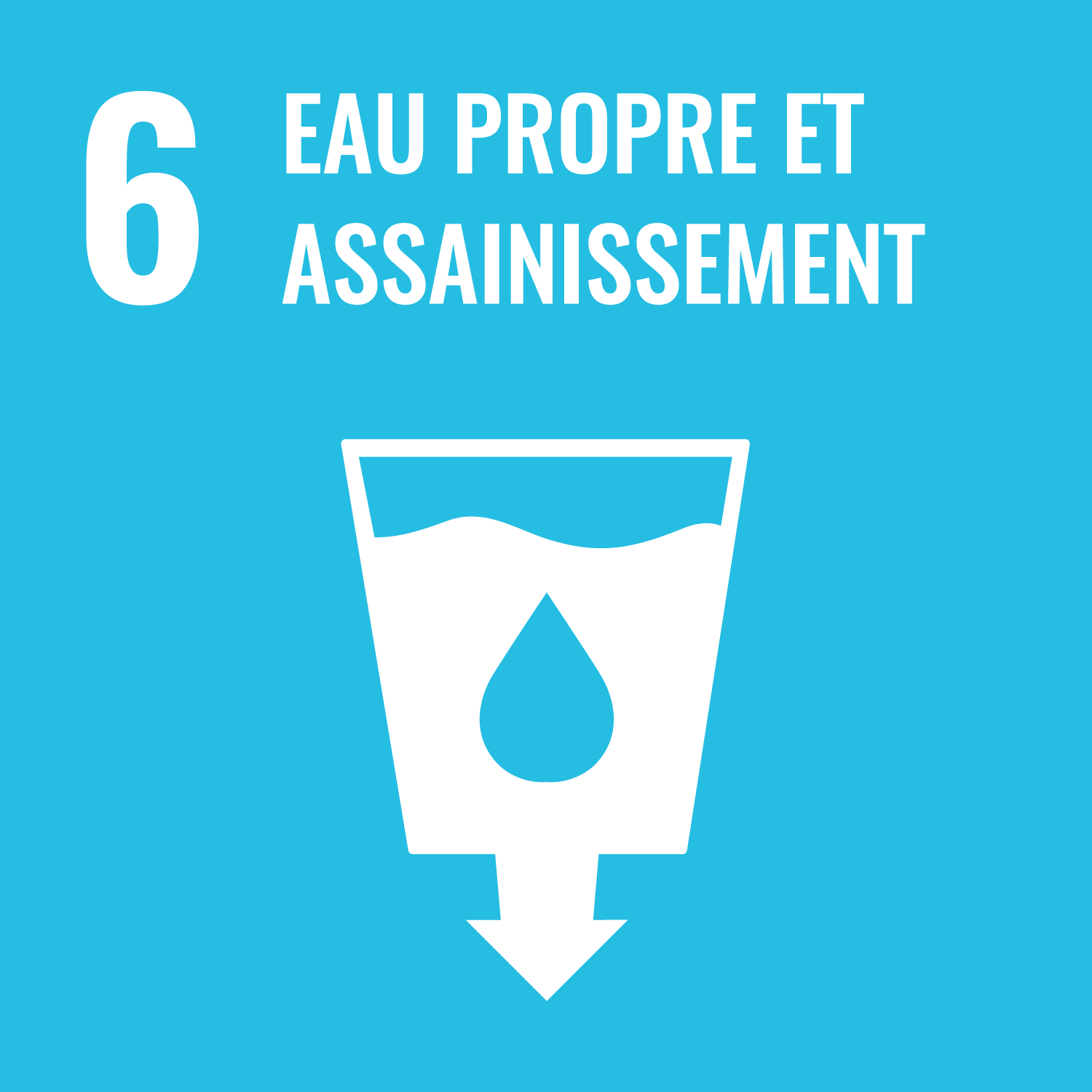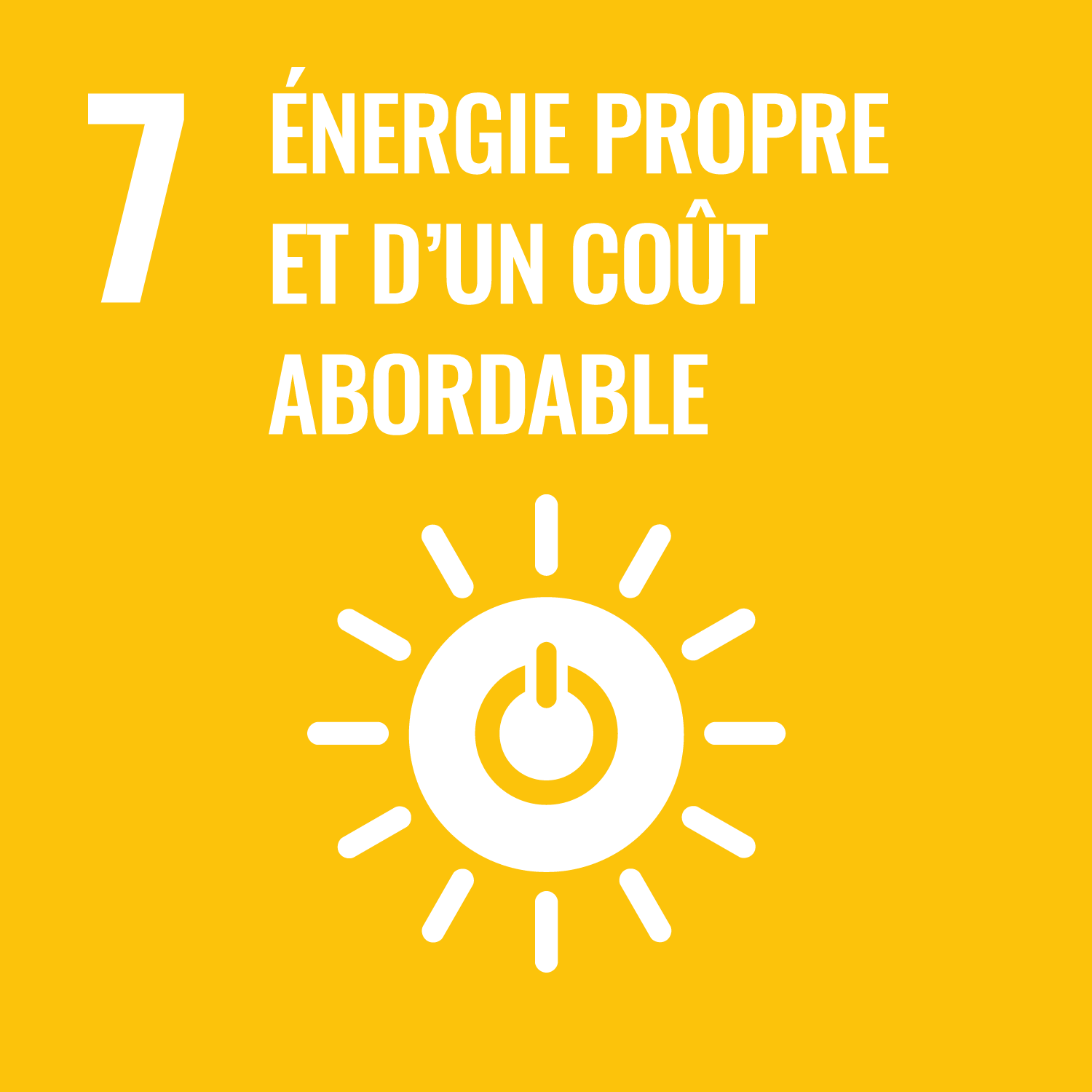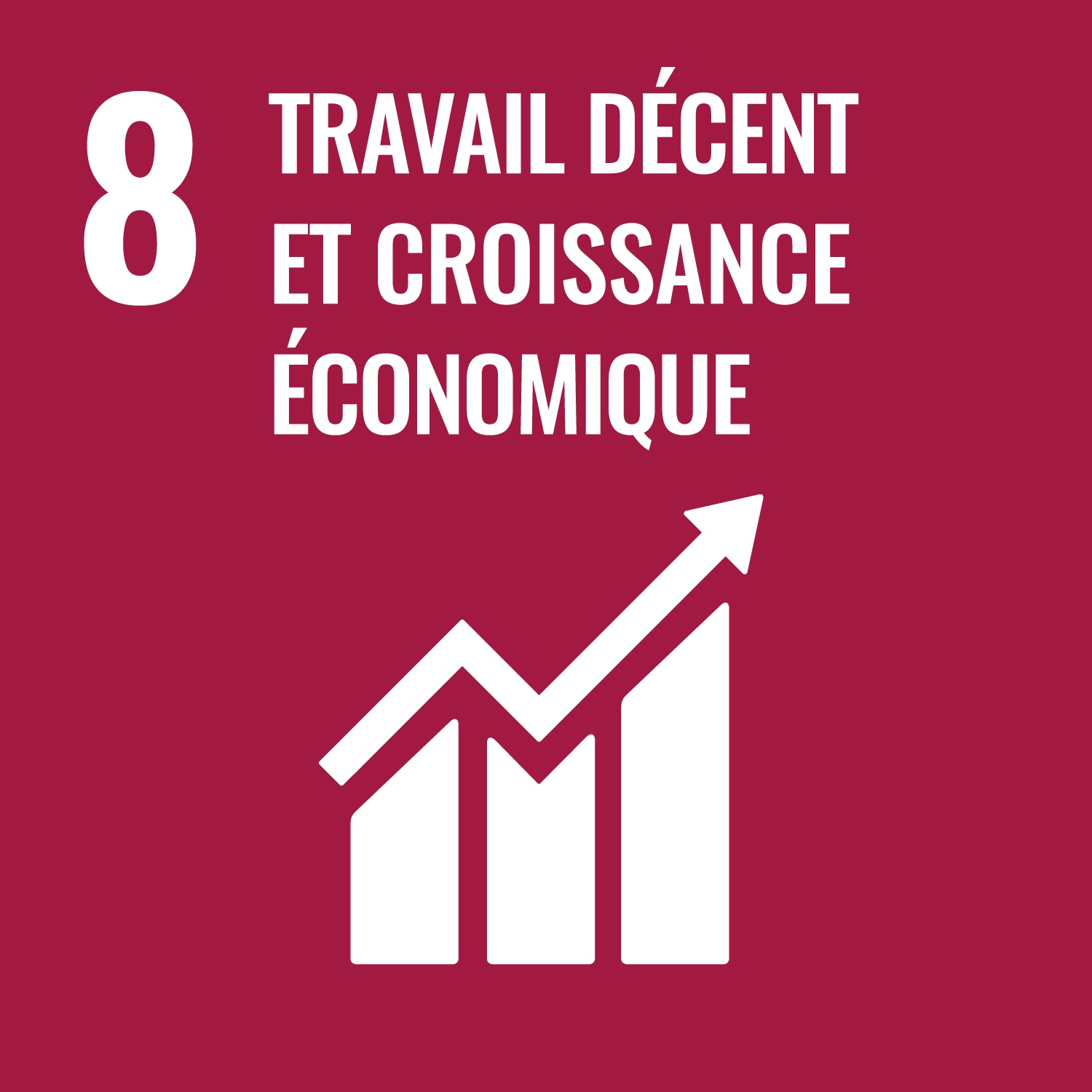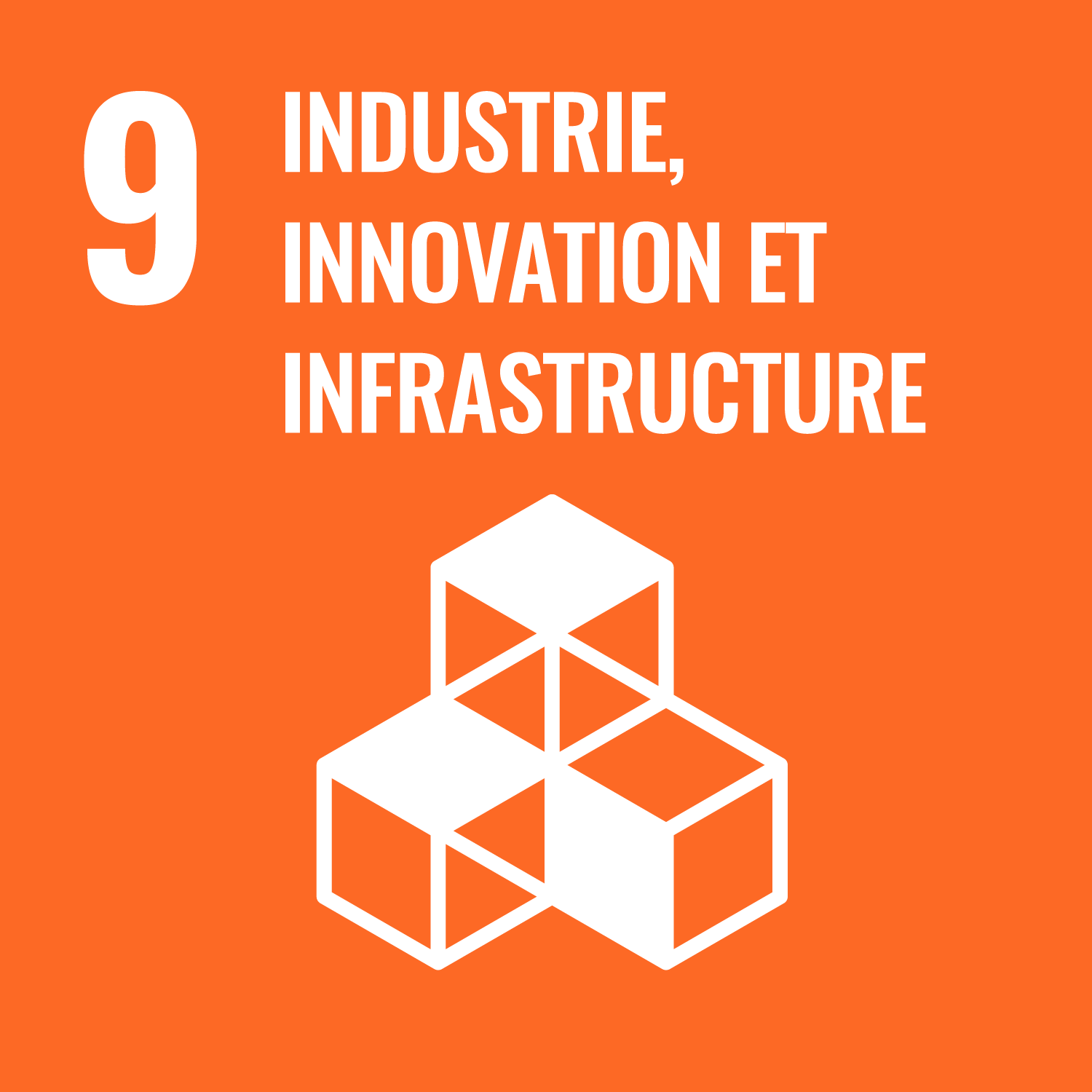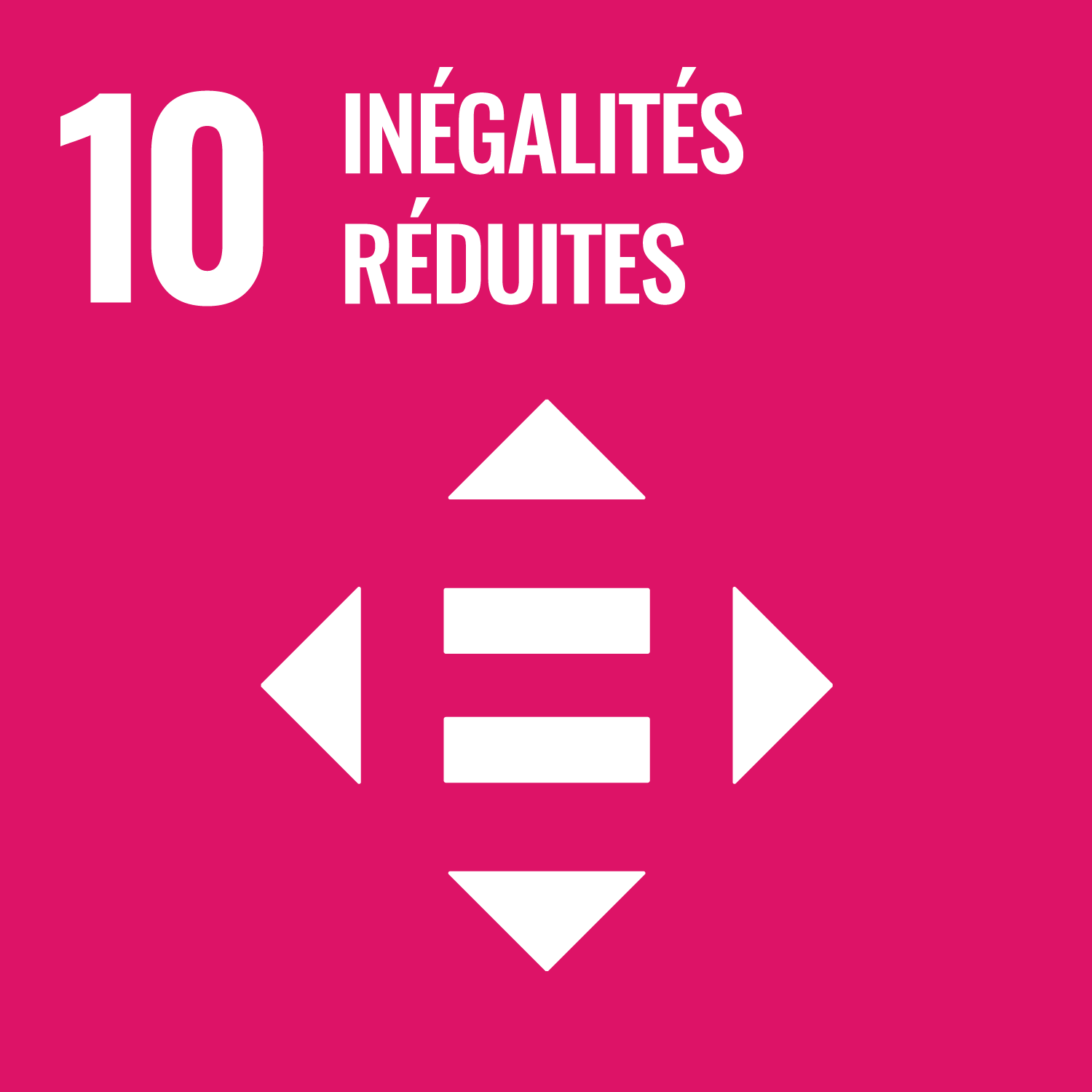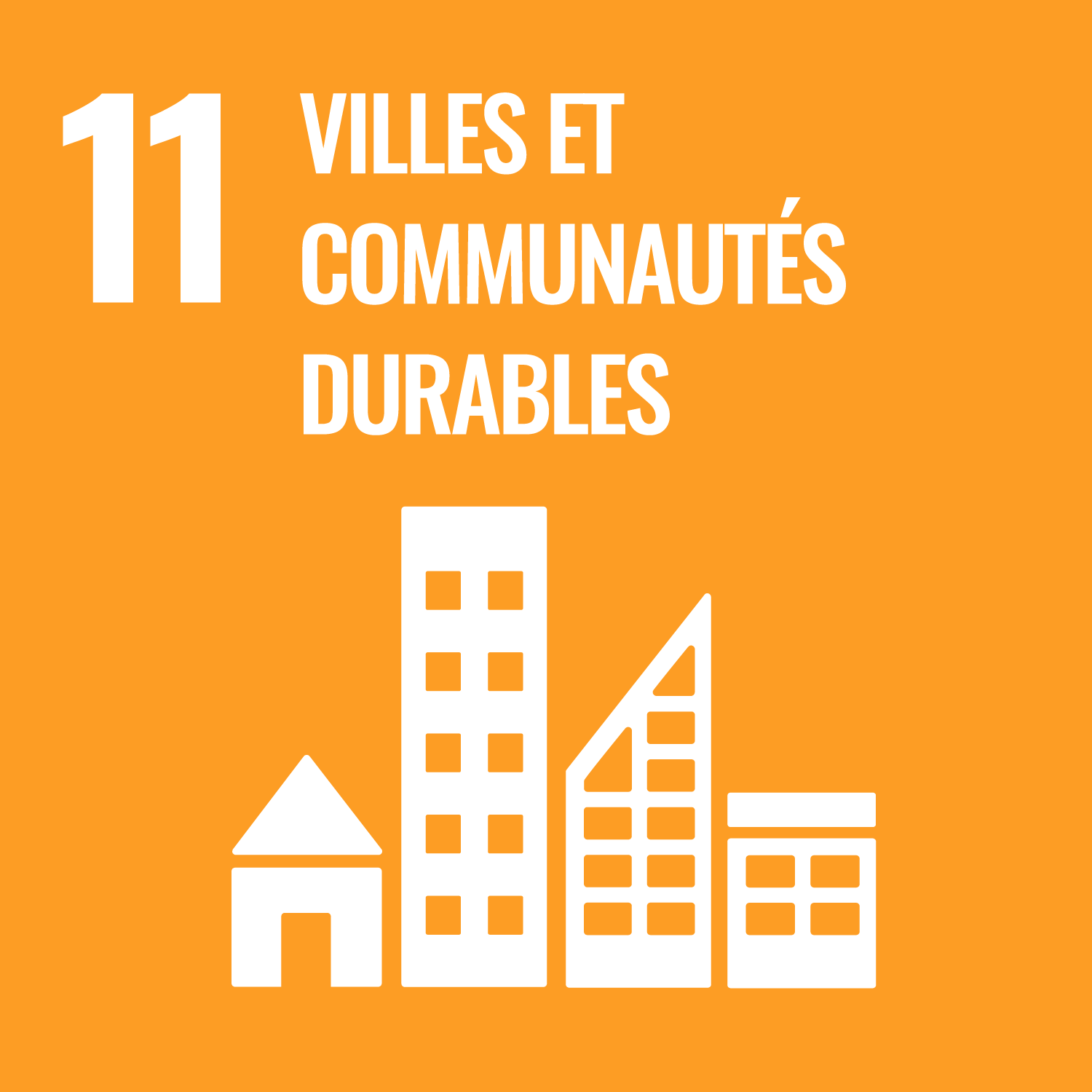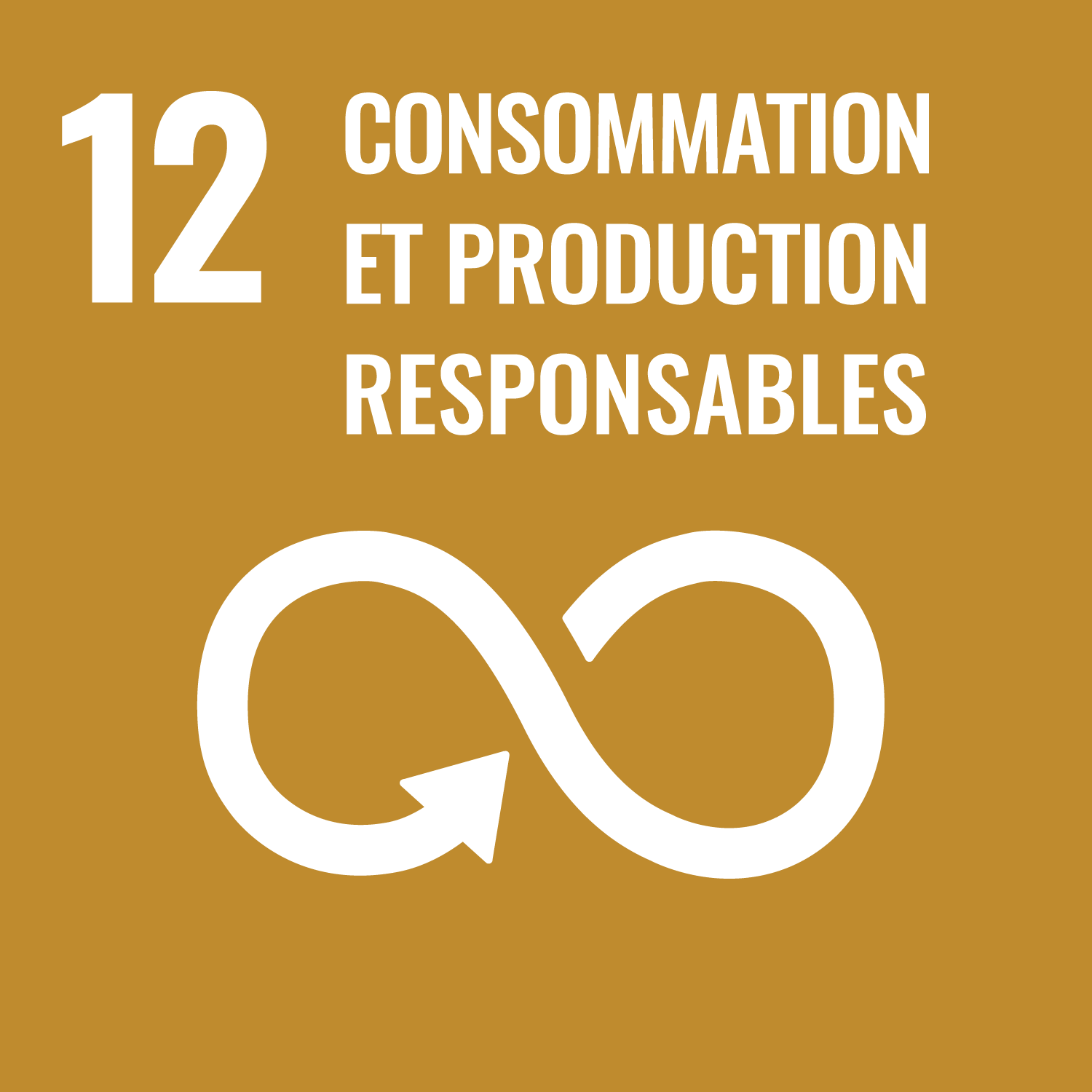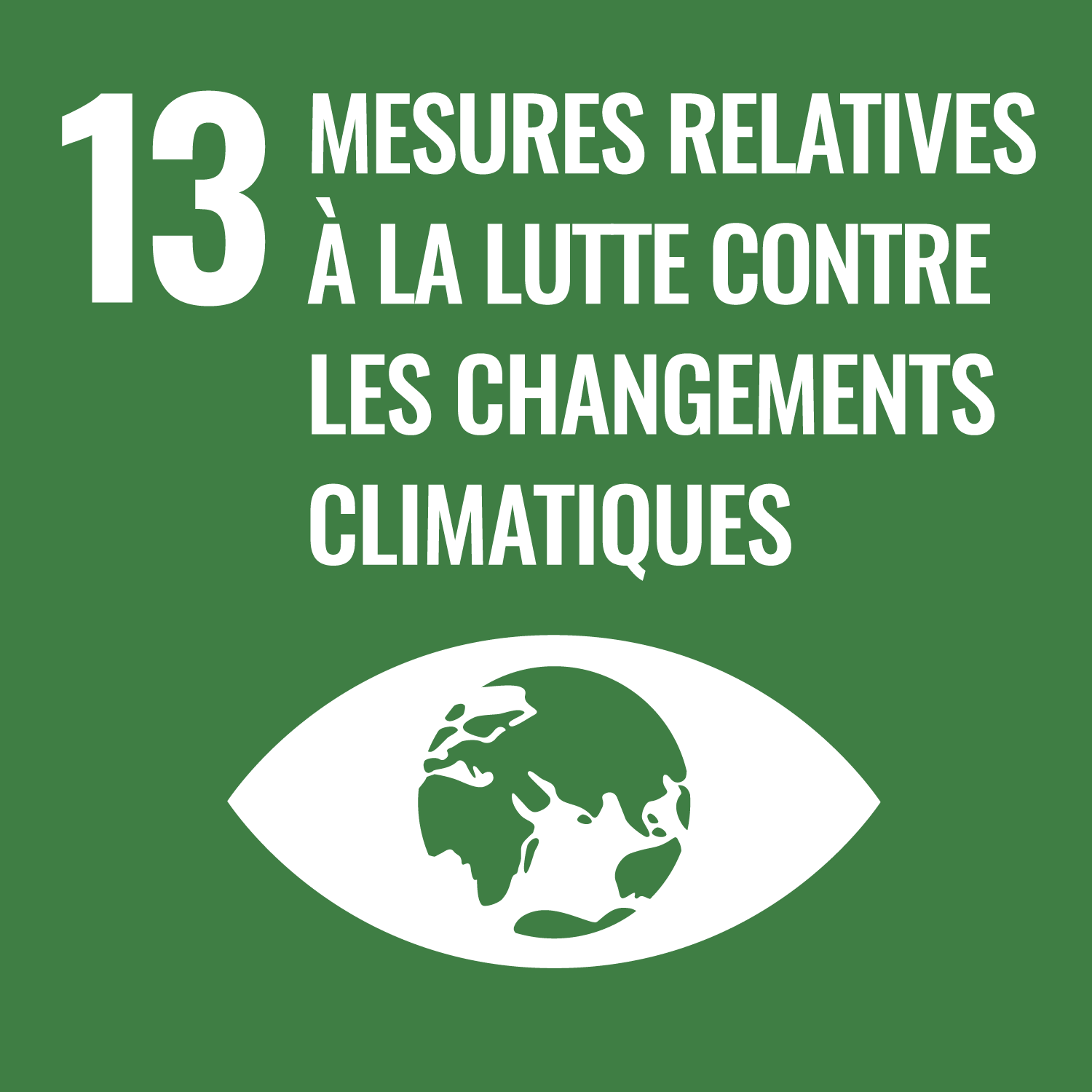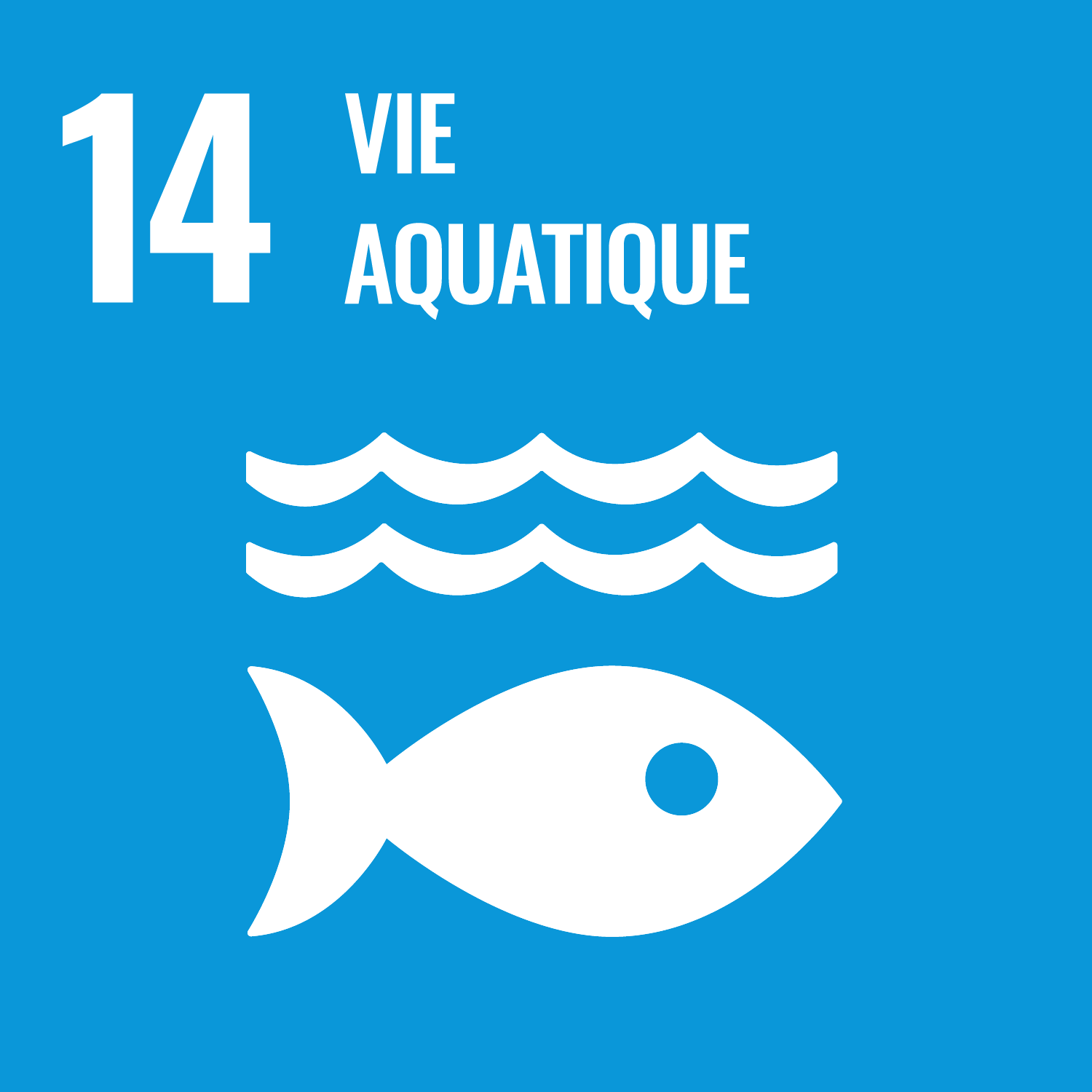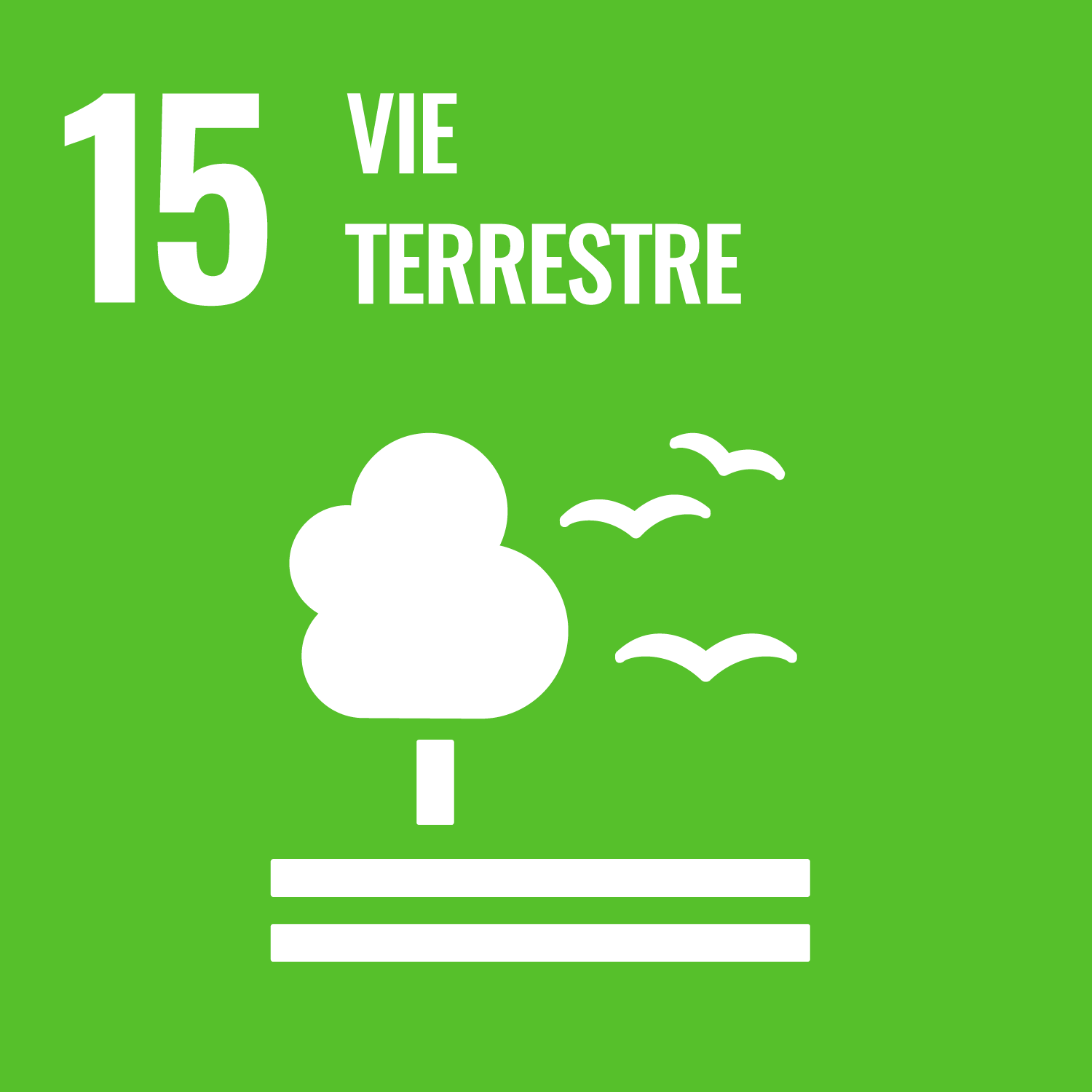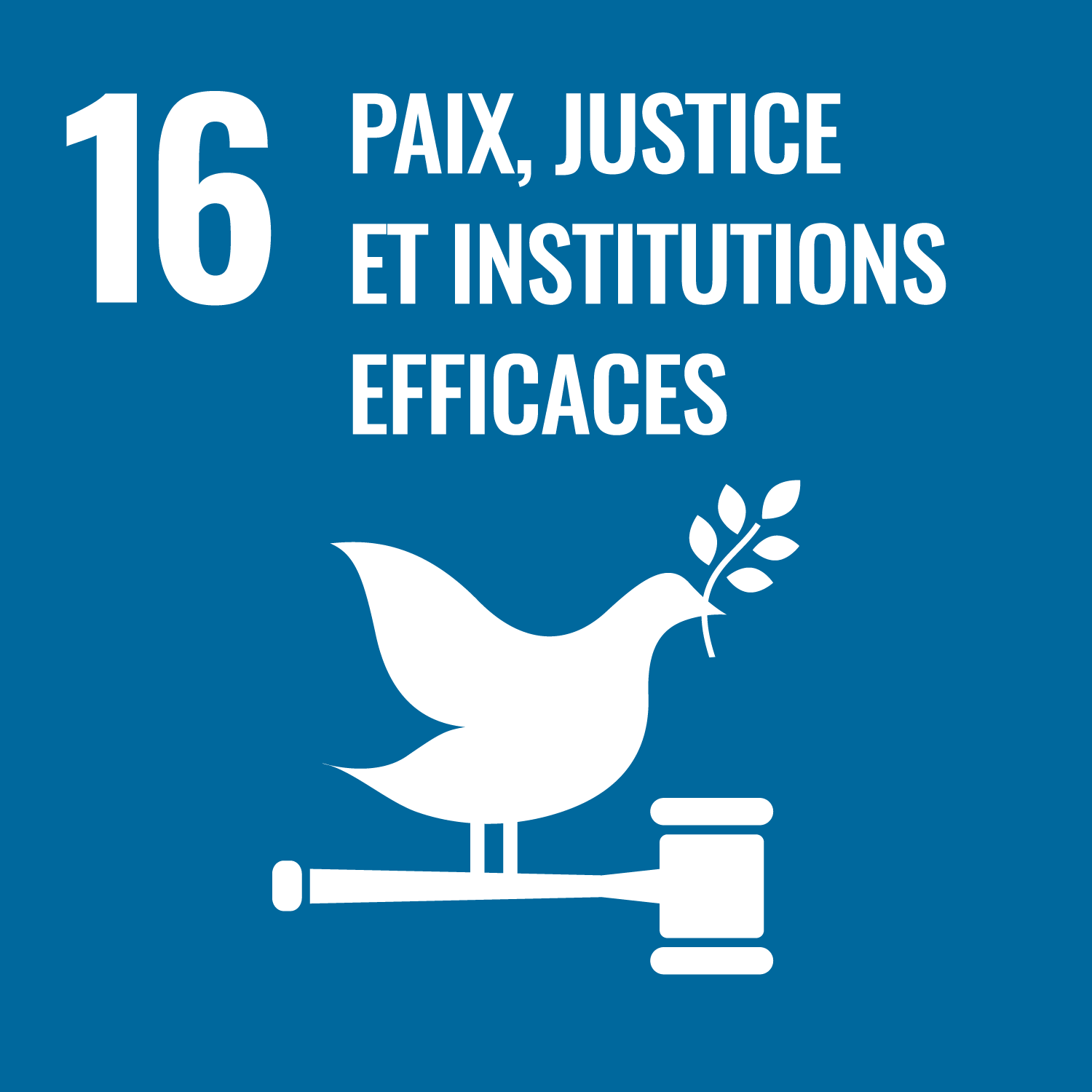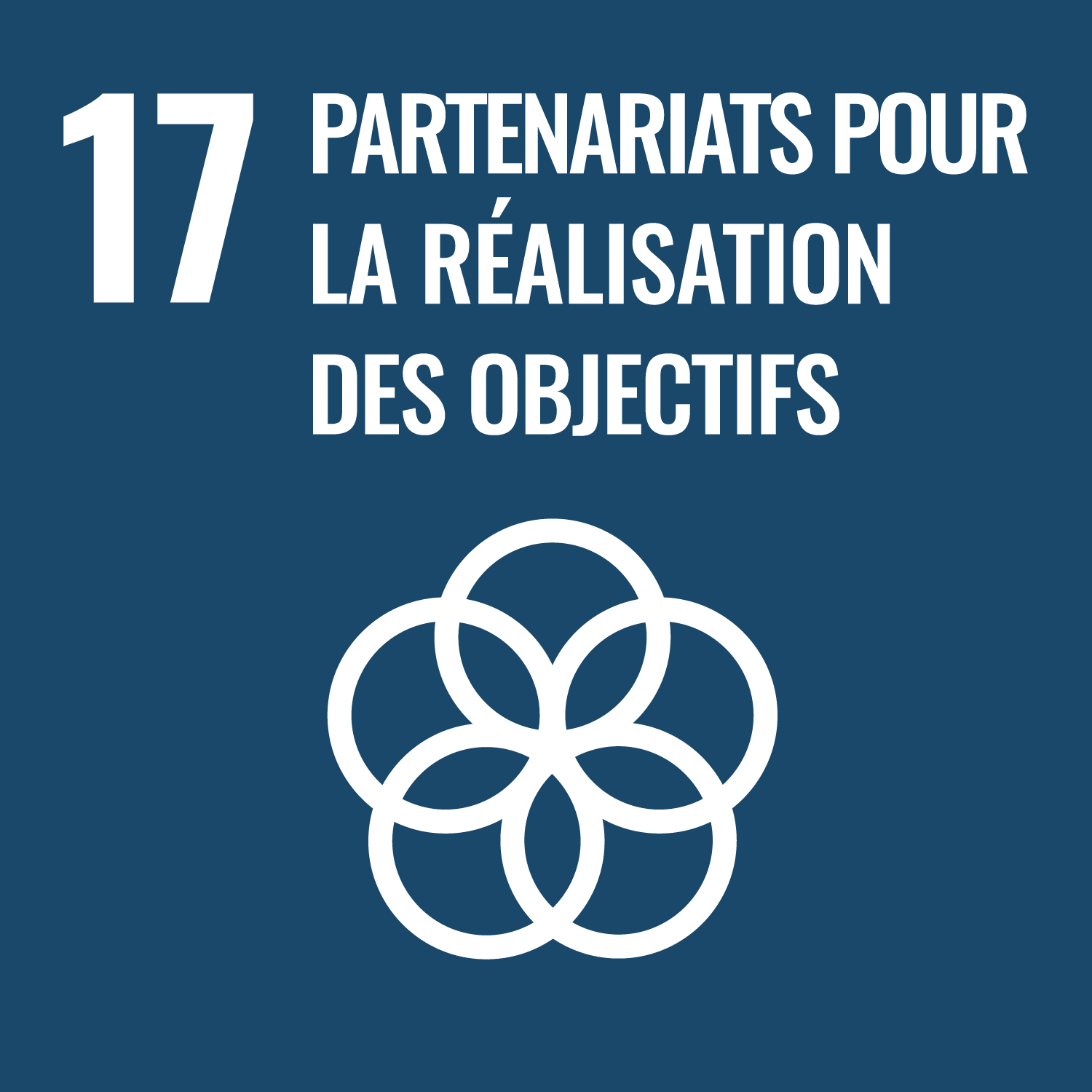Jakarta, 19 April 2021 – Following a competitive process involving 155 proposals from over 100 countries, a proposed United Nations Joint Programme in Indonesia has been granted funding in the amount of USD 9.85 million from the Joint SDG Fund.
The Joint UN Programme aims to support the Government of Indonesia to accelerate the achievement of SDGs in the country. Developed and implemented under the guidance of the UN Resident Coordinator in Indonesia, the Joint programme benefits from the partnership between the United Nations Development Programme (UNDP), United Nations Environment Programme (UNEP), the United Nations Children’s Fund (UNICEF), and the United Nations Industrial Development Organization (UNIDO).
Following the UNDP-led submission of the project proposal titled “Driving Public and Private Capital Towards Green and Social Investments in Indonesia”, Indonesia was among the four chosen countries along with Fiji, Malawi and Uruguay that were granted funding from the Joint SDG Fund.
The New York-based Joint SDG Fund was established by the UN Secretary General to fast-track SDGs achievement globally. The Fund operates through a series of calls for the UN systems worldwide that lead to the implementation of Joint UN Programmes.
The UN Resident Coordinator in Indonesia, Ms. Valerie Julliand reiterated the urgency to fast-track the SDGs achievement.
“As Indonesia copes with the impact of the COVID-19 pandemic, now is the time for all of us to bolster efforts in ensuring that no one is left behind in our race against the time to meet the SDGs agenda. Key to achieving this ambitious agenda is to maximize our opportunities in leveraging SDGs financing sources, including from those from international coffers such as the Joint SDG Fund. The UN will stand by side by side with Indonesia through this challenging time, and we hope this joint UN programme can both cushion the impact of the pandemic and fast-track SDGs” said Ms. Julliand.
The joint UN programme in Indonesia will provide technical support towards the development of thematic bonds, blended finance instruments, and SDG-linked loans in collaboration with the government, local financial institutions, development partners, association & NGOs. The program will also deliver capacity building programmes for relevant stakeholders, including women- and youth-led Micro, Small and Medium Enterprises (MSME). The programmes will equip them with knowledge to access financing to boost green and sustainable businesses.
“The COVID-19 pandemic has forced countries worldwide including Indonesia to re-orient its financial resources to address the crisis. Consequently, we need to expand our fiscal space to ensure a smooth recovery towards green and inclusive growth. Building on our past collaboration with the Government of Indonesia to leverage innovative finance such as the world’s first Green Sukuk, UNDP will continue to share its expertise to strengthen the financing flow for SDGs“, said UNDP Indonesia Resident Representative, Mr. Norimasa Shimomura.
This Joint Programme is aligned with the government’s strategies and efforts to scale up innovative financing towards sustainable development. Stakeholders will join forces in combating the climate change while driving the green recovery in Indonesia.
“The Government of Indonesia welcomes the decision by the Joint SDG Fund to grant the funding to the UN Joint Programmes. These rich and potentially impactful programmes represent the core value of our strategic partnership with the United Nations in Indonesia. We look forward to seeing our communities, particularly the most vulnerable ones, enjoying the fruits of the programmes,” said Mr. Luky Alfirman, Director General of Budget Financing and Risk Management, Ministry of Finance.
About the UN in Indonesia:
The United Nations (UN) is an international organization founded in 1945. It is currently made up of 193 Member States. The mission and work of the United Nations are guided by the purposes and principles contained in its founding Charter. In Indonesia, UN is committed to supporting the Government of Indonesia in the achievement of the Sustainable Development Goals (SDGs) by 2030. The UN Country Team is led by the UN Resident Coordinator (RC for short) the highest-ranking representative of the UN development system at the country level. RCs led UN Country Teams in consultations with the Government to define and agree on the UN strategic response to the Government’s development priorities in implementing the 2030 Agenda. The Resident Coordinator is the designated representative of – and reports to – the UN Secretary-General.
About the UN agencies involved:
UNDP: UN Development Programme (UNDP) is the leading United Nations organization fighting to end the injustice of poverty, inequality, and climate change. Working with our broad network of experts and partners in 170 countries, we help nations to build integrated, lasting solutions for people and planet. Learn more at www.undp.org or follow at @UNDP
UNEP: The United Nations Environment Programme (UNEP) is the leading global environmental authority that sets the global environmental agenda, promotes the coherent implementation of the environmental dimension of sustainable development within the United Nations system, and serves as an authoritative advocate for the global environment.
UNICEF: UNICEF works in some of the world’s toughest places, to reach the world’s most disadvantaged children. Across 190 countries and territories, we work for every child, everywhere, to build a better world for everyone. For more information about UNICEF and its work for children visit www.unicef.org. Follow UNICEF on Twitter and Facebook.
UNIDO: United Nations Industrial Development Organization is a specialized UN agency whose mission is to promote and accelerate inclusive and sustainable industrial development (ISID) in Member States for poverty reduction, inclusive globalization and environmental sustainability: www.unido.org
Media Contacts
UN Information Centre: Andri Suryo (andri.suryo [at] un.org (andri.suryo(at)un.org))
UNDP Indonesia Communications Specialist: Tomi Soetjpto suryo.tomi [at] undp.org (suryo.tomi(at)undp.org)


